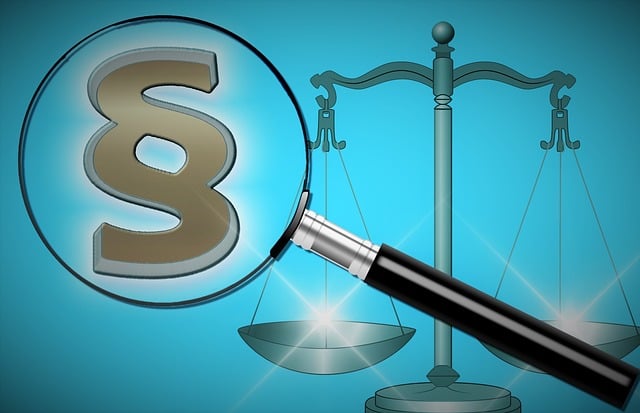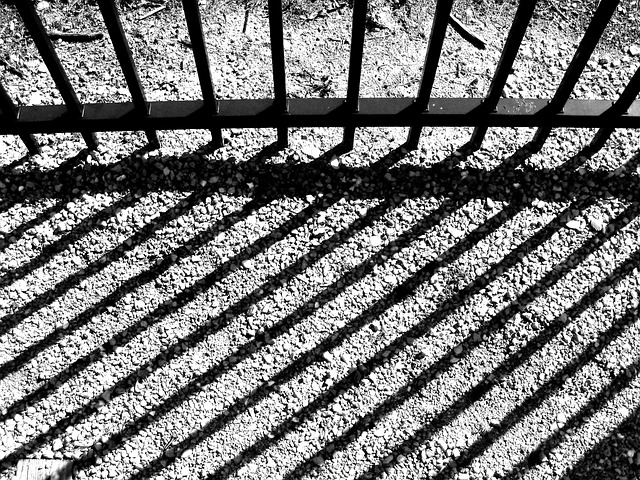A DUI conviction severely impacts future employment, with many industries conducting enhanced background checks. Clearing a criminal record through Criminal Record Expungement after DUI is crucial for regaining professional control. The process varies by jurisdiction, involving petitioning courts with rehabilitation evidence. Eligibility criteria include good moral character and completion of rehab programs. Despite misconceptions, anyone charged can explore expungement. Professional legal guidance is essential to navigate complex state laws and ensure success.
In many jurisdictions, a DUI conviction can significantly impact an individual’s employment prospects, often leading to stigmatization and limited opportunities. This article delves into the intricate process of criminal record expungement after DUI, exploring its potential to clear these barriers. We’ll guide you through understanding the legal implications, eligibility criteria, and benefits of clearing DUI records. Additionally, we’ll dispel common misconceptions, offering practical strategies for a successful navigation of this process.
- Understanding DUI and Its Impact on Employment
- The Legal Process of Criminal Record Expungement
- Eligibility Criteria for DUI Expungement
- Benefits of Clearing DUI Records for Job Seekers
- Challenges and Common Misconceptions About Expungement
- Effective Strategies for Navigating DUI Expungement Success
Understanding DUI and Its Impact on Employment

A DUI (Driving Under the Influence) conviction can significantly impact an individual’s future employment prospects, often creating a lasting mark on their criminal record. In many industries, even a single offense can lead to automatic disqualification or enhanced background checks, hindering job seekers with a DUI from finding stable employment. This is particularly true for roles involving transportation, security, and public safety, where employers prioritize candidates without any substance-related offenses.
The impact extends beyond initial hiring processes; individuals with a DUI on their record may face challenges in career advancement and maintaining long-term employment. Many companies conduct regular background checks, and a criminal record expungement after DUI might be necessary for those seeking to overcome this obstacle. Understanding the legal options for clearing records, such as expungement or sealing, is crucial for individuals aiming to move past their DUI conviction and regain control over their professional trajectory.
The Legal Process of Criminal Record Expungement

The legal process of clearing or expunging a criminal record, especially for a DUI offense, varies across jurisdictions but generally involves a series of steps designed to ensure fairness and due process. An individual who has been convicted of DUI and wishes to pursue criminal record expungement must first gather essential documentation, including court records, proof of completion of any required sentencing, and possibly additional evidence demonstrating rehabilitation or good conduct since the conviction.
Next, they typically need to file a petition with the appropriate court, stating their case for why their criminal record should be sealed or expunged. This may include arguments based on constitutional rights, changes in the law since the conviction, or significant personal growth and rehabilitation. The court will then review the petition and supporting documents, often considering input from prosecutors, law enforcement, or other relevant parties. If the court finds sufficient grounds, it can grant the request, leading to the official removal of the DUI record from public view, albeit with specific conditions that vary based on local laws. For instance, in some cases, certain restrictions may remain, especially regarding future driving privileges.
Eligibility Criteria for DUI Expungement

In many jurisdictions, individuals who have been convicted of Driving Under the Influence (DUI) may be eligible for a criminal record expungement after meeting certain criteria. The eligibility requirements vary by location, but generally, those seeking expungement must demonstrate good moral character and completion of relevant rehabilitation programs. This often includes successful participation in alcohol education courses, random alcohol testing, and compliance with all court orders related to the DUI charge.
The process typically involves filing a motion or petition with the court, providing evidence of completion of required programs, and proving that expungement would be in the best interest of both the individual and society. It’s crucial to understand that not all DUI convictions are eligible for expungement, and some may have restrictions on when and how this can be requested. Individuals considering criminal record expungement after a DUI should consult with legal professionals for guidance tailored to their specific circumstances.
Benefits of Clearing DUI Records for Job Seekers

For individuals aiming to turn over a new leaf and re-enter the job market after a DUI conviction, clearing their records can be a game-changer. The process of Criminal Record Expungement after DUI allows them to legally seal or erase these convictions from their history, providing several significant advantages in their employment journey.
Firstly, it opens up a wider range of career opportunities. Many employers conduct background checks as part of the hiring process, and a clean criminal record significantly improves job prospects. It removes unnecessary barriers and gives ex-offenders a fair chance to showcase their skills and qualifications. Additionally, clearing DUI records can help restore an individual’s sense of dignity and self-worth, enabling them to move past their mistake and build a promising future.
Challenges and Common Misconceptions About Expungement

Many individuals facing a Criminal Record Expungement after DUI often encounter a myriad of challenges and misconceptions. One common mistake is assuming that expungement is only for those who have been wrongfully convicted, which is not true. Anyone who has been charged but not necessarily convicted can explore this option to clear their records. However, the process isn’t without hurdles; it requires a thorough understanding of the law and legal procedures.
Another misconception is that expungement automatically erases all traces of a DUI offense. In reality, it depends on state laws and the specific circumstances. Some states may allow for limited expungement or sealing of records, but a complete erasure is rare. It’s crucial to seek professional guidance to navigate these complexities and ensure the best possible outcome in clearing one’s Criminal Record Expungement after DUI.
Effective Strategies for Navigating DUI Expungement Success

Navigating the process of Criminal Record Expungement after a DUI conviction requires careful planning and understanding of the legal framework. The first step is to assess eligibility criteria, which vary by jurisdiction. Researching state-specific laws regarding DUI expungement is crucial as these regulations dictate the conditions under which an individual can apply for record clearing. Many states offer opportunities for expungement after a certain period of time has passed without further offenses.
Engaging the services of an experienced legal professional specializing in DUI expungement can significantly enhance success rates. They guide applicants through the complex paperwork, ensuring accuracy and completeness. Additionally, they help navigate court proceedings, increasing the chances of a favorable outcome. This strategic approach ensures that all aspects of the application are thoroughly considered, maximizing the potential for a clean slate after successfully completing any required rehabilitation or compliance programs.
Clearing DUI records through legal processes like criminal record expungement can significantly enhance job prospects for those affected. By understanding the eligibility criteria and navigating the legal system effectively, individuals can overcome the employment barriers imposed by their past. The benefits of a clean slate extend beyond employment, fostering a fresh start and second chances for personal growth. Remember that, while challenges exist, especially regarding misconceptions, informed strategies can lead to successful DUI expungement and brighter futures for job seekers.






